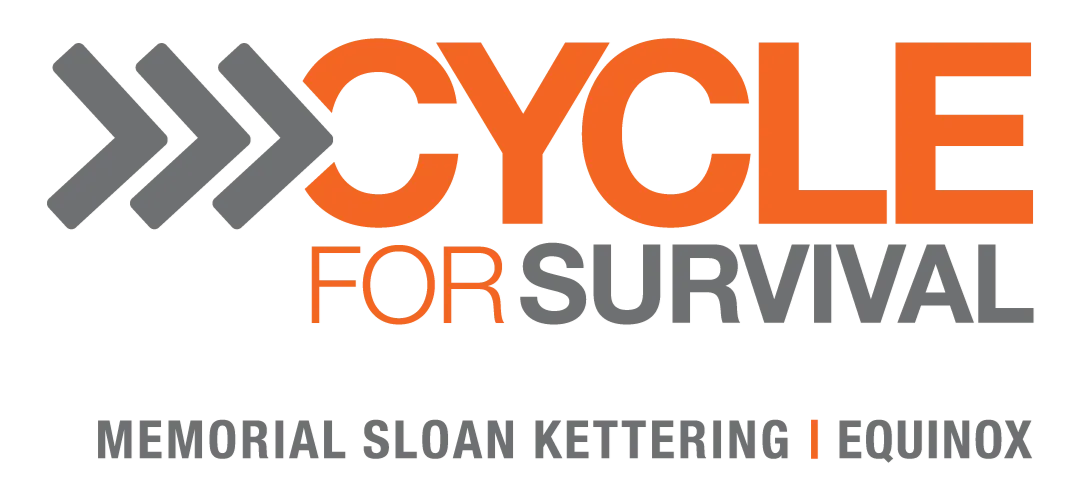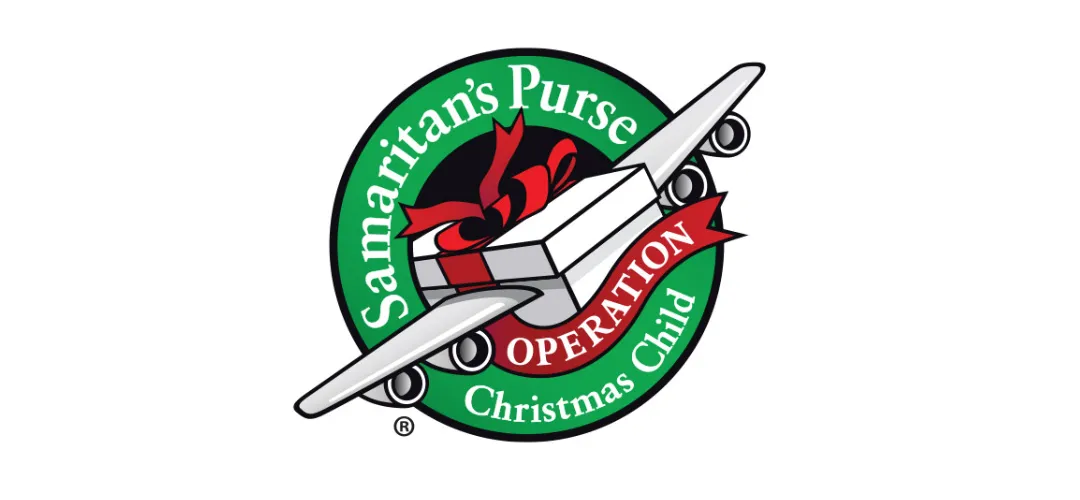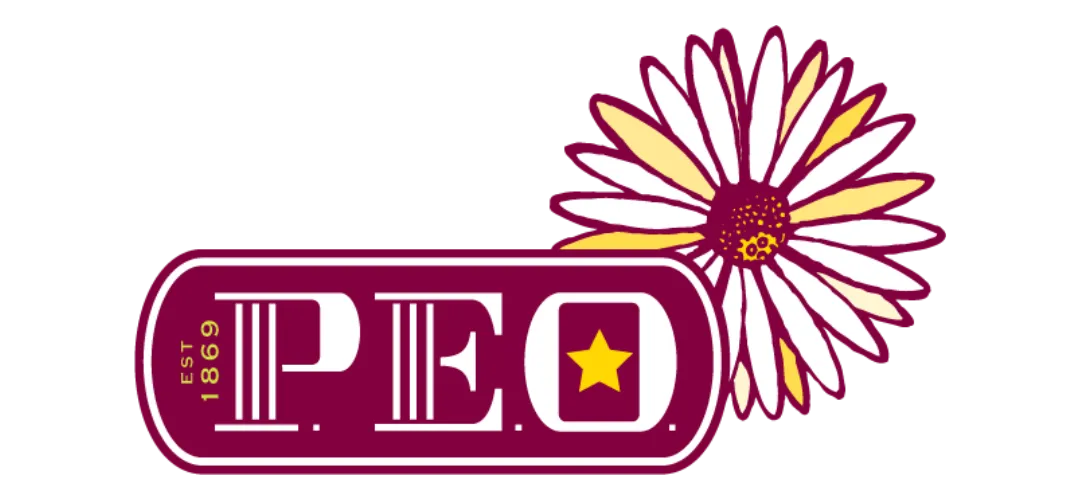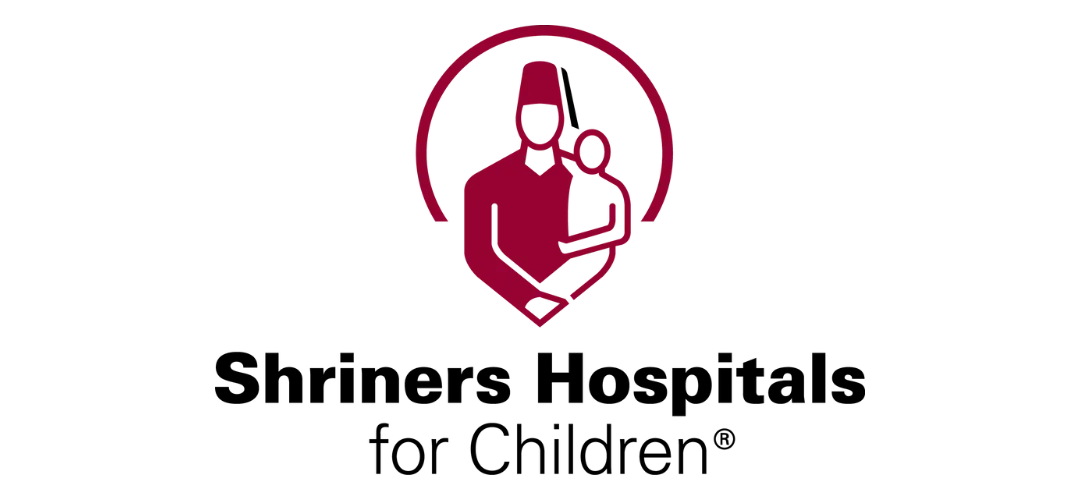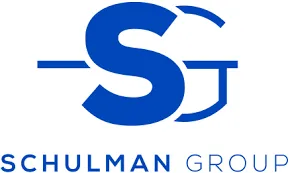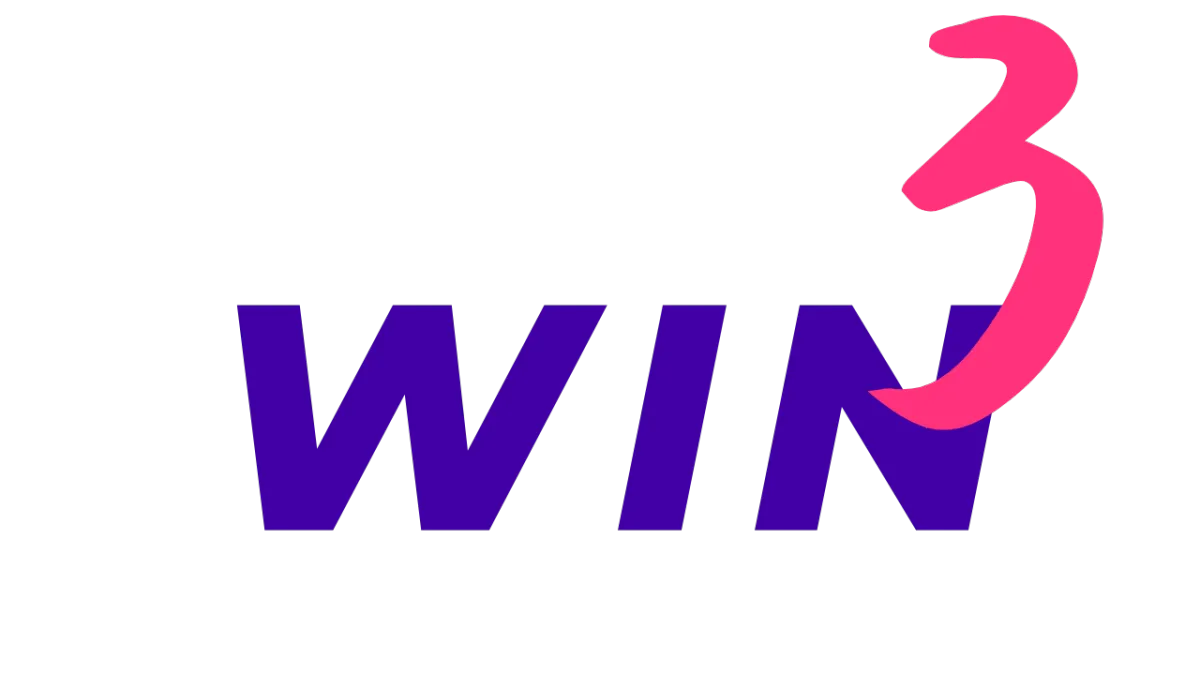
Win the Call
Win the Start
Win their Loyalty
When you don't grab your patient at “hello”
you may as well tell them “goodbye.”
Communication training is not a luxury, it's a necessity.
I call this the TRIPLE WIN!
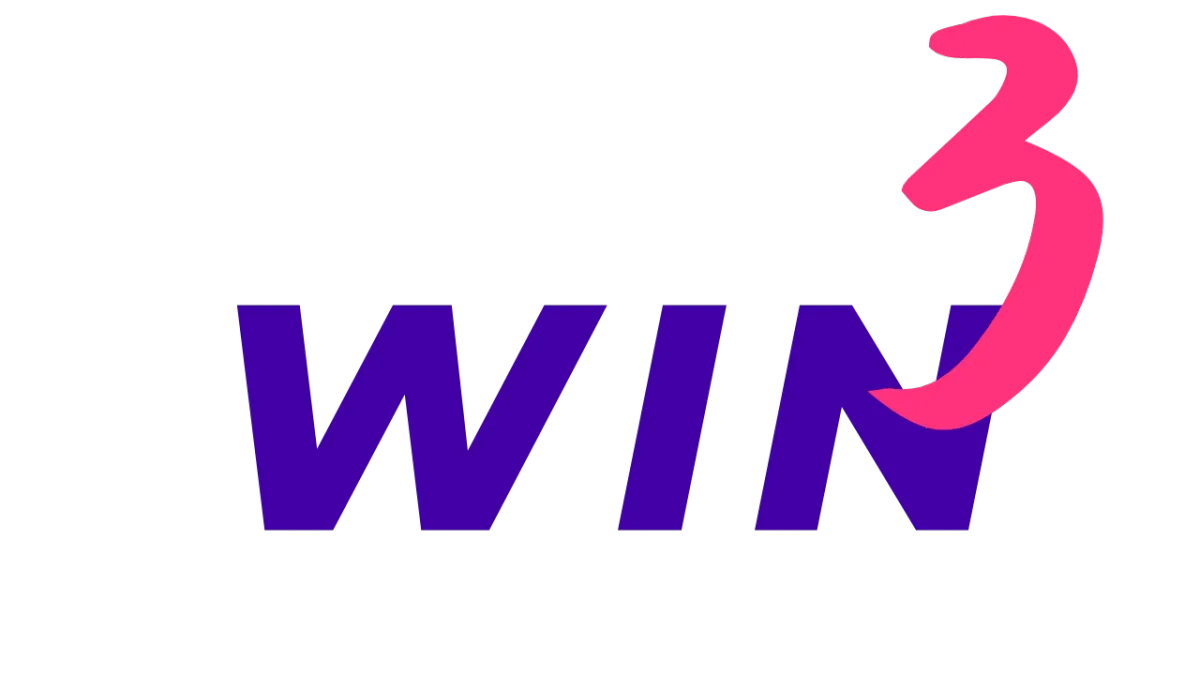
Win the Call
Win the Start
Win their Loyalty
When you don't grab your patient at “hello”
you may as well tell them “goodbye.”
Communication training is not a luxury, it's a necessity.
I call this the
TRIPLE WIN!
The ONLY Communication Training Consultant Specializing In Orthondontic Front-Desk Employees
Saving orthodontists, like you, thousands of dollars in marketing costs every year because your team knows how to win over each patient by looking after them well -
we're here for all your
customer service training and growth needs.
Hi, I'm Amy & I have worked in EVERY admin role in my husband's orthodontic office.
I have over 15 years in the orthodontic world, and over 30 years in consultant, teaching, and coaching roles.
I not only relate to your team members, but am able to foster trust and cooperation to ensure...IMPLEMENTATION!!!
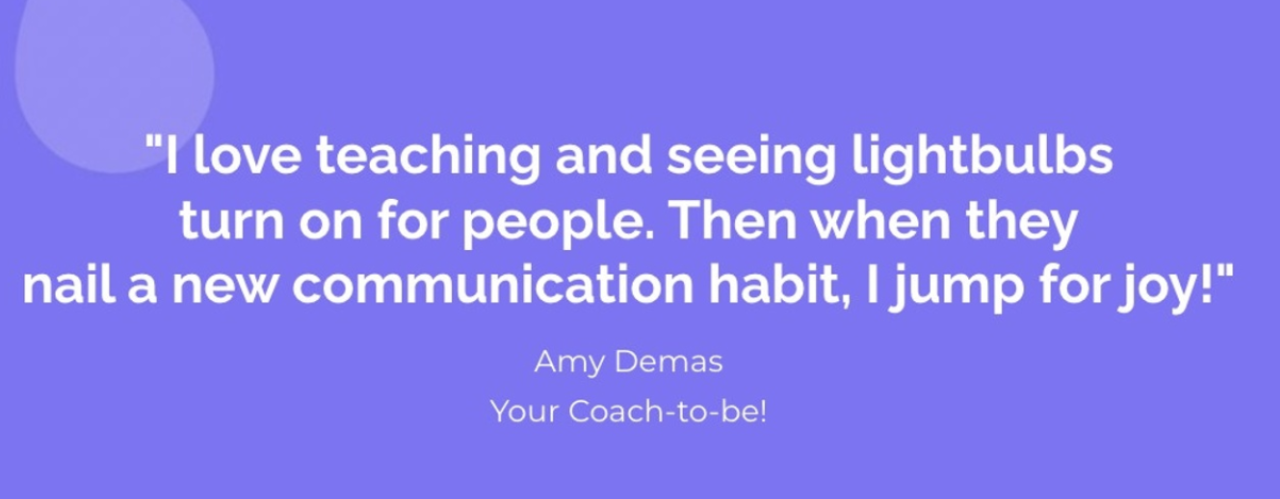
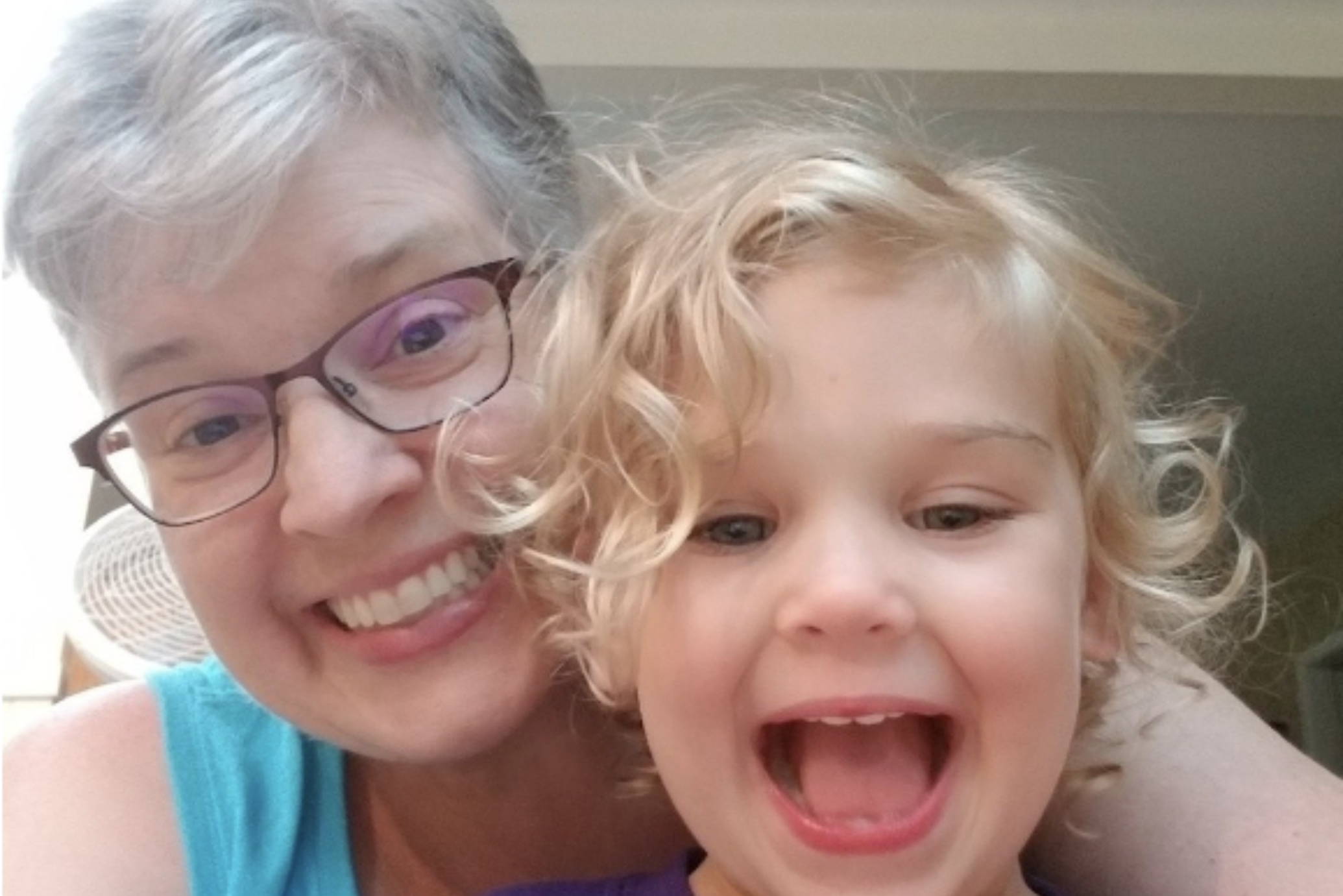
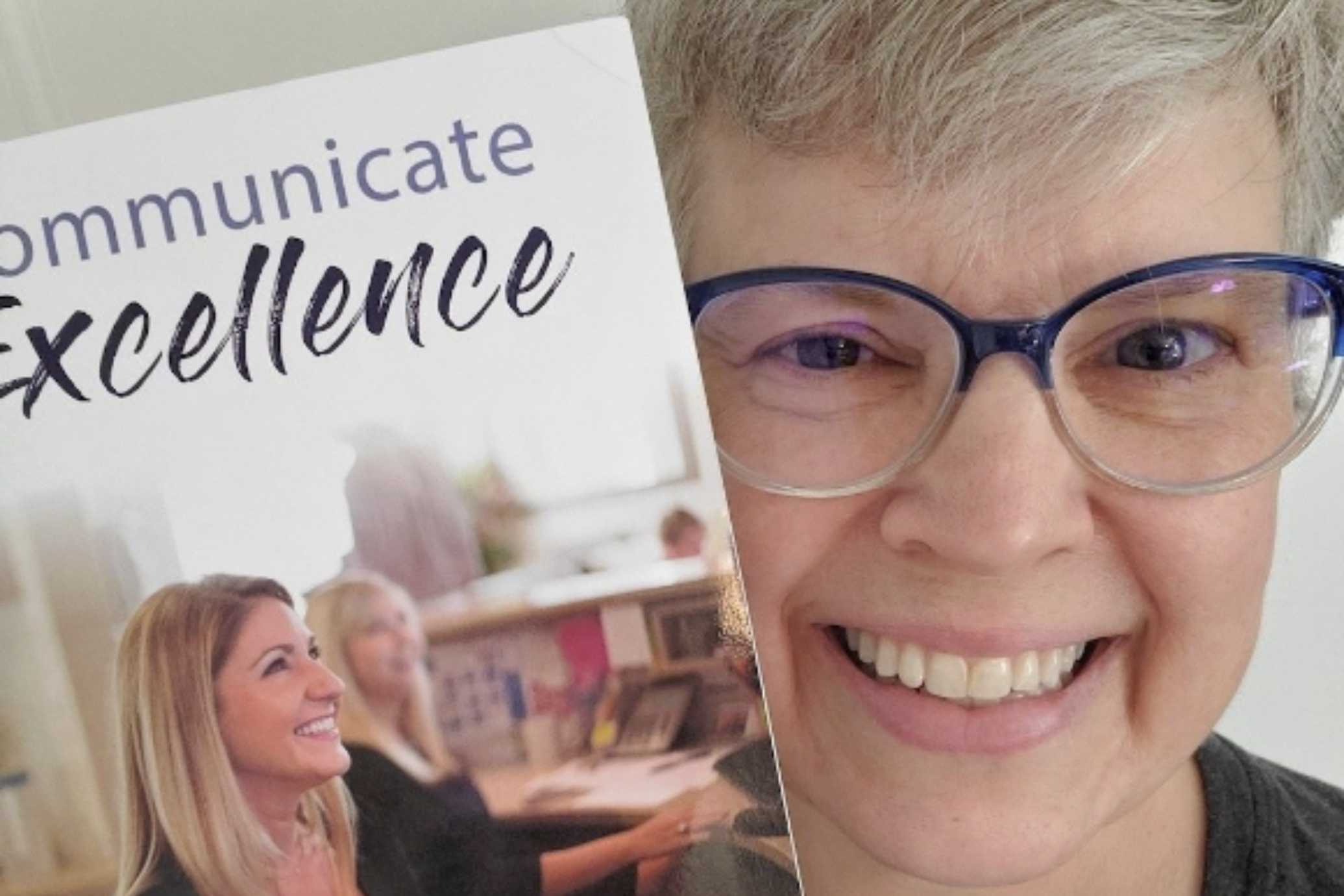
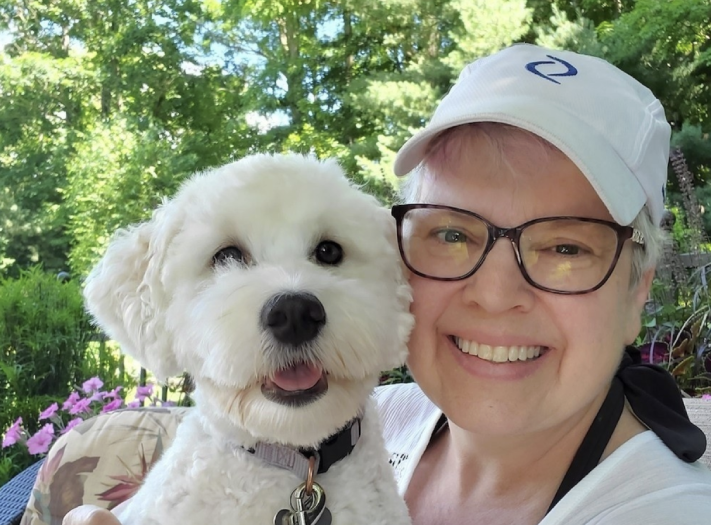
The ONLY Communication Training Consultant Specializing In Orthondontic Front-Desk Employees
Saving orthodontists, like you, thousands of dollars in marketing costs every year because your team knows how to win over each patient by looking after them well -
we're here for all your
customer service training and growth needs.
Hi, I'm Amy & I have worked in EVERY admin role in my husband's orthodontic office.
I have over 15 years in the orthodontic world, and over 30 years in consultant, teaching, and coaching roles.
I not only relate to your team members, but am able to foster trust and cooperation to ensure...IMPLEMENTATION!!!
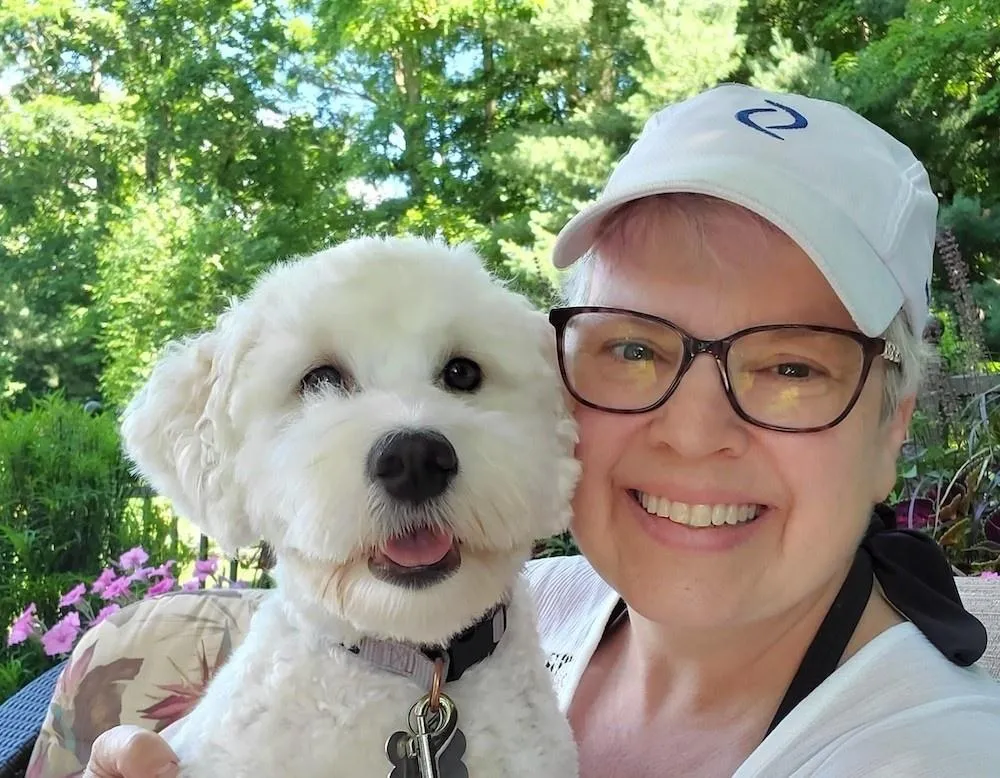
Every practice needs an Amy!
Communication etiquette just isn't taught in schools, not even at home anymore - especially since the advent of caller id!
Our team members find themselves in "front of house" roles with little to no formal training. Let's make a change. Let's help our people feel confident and eloquent when handling telephone interactions.
My customer communication training will help you to 10X your patient experience to massively impact your Win ratio!

40%
Decrease in No Shows
because all your customer relationships are real connections, right from the start.
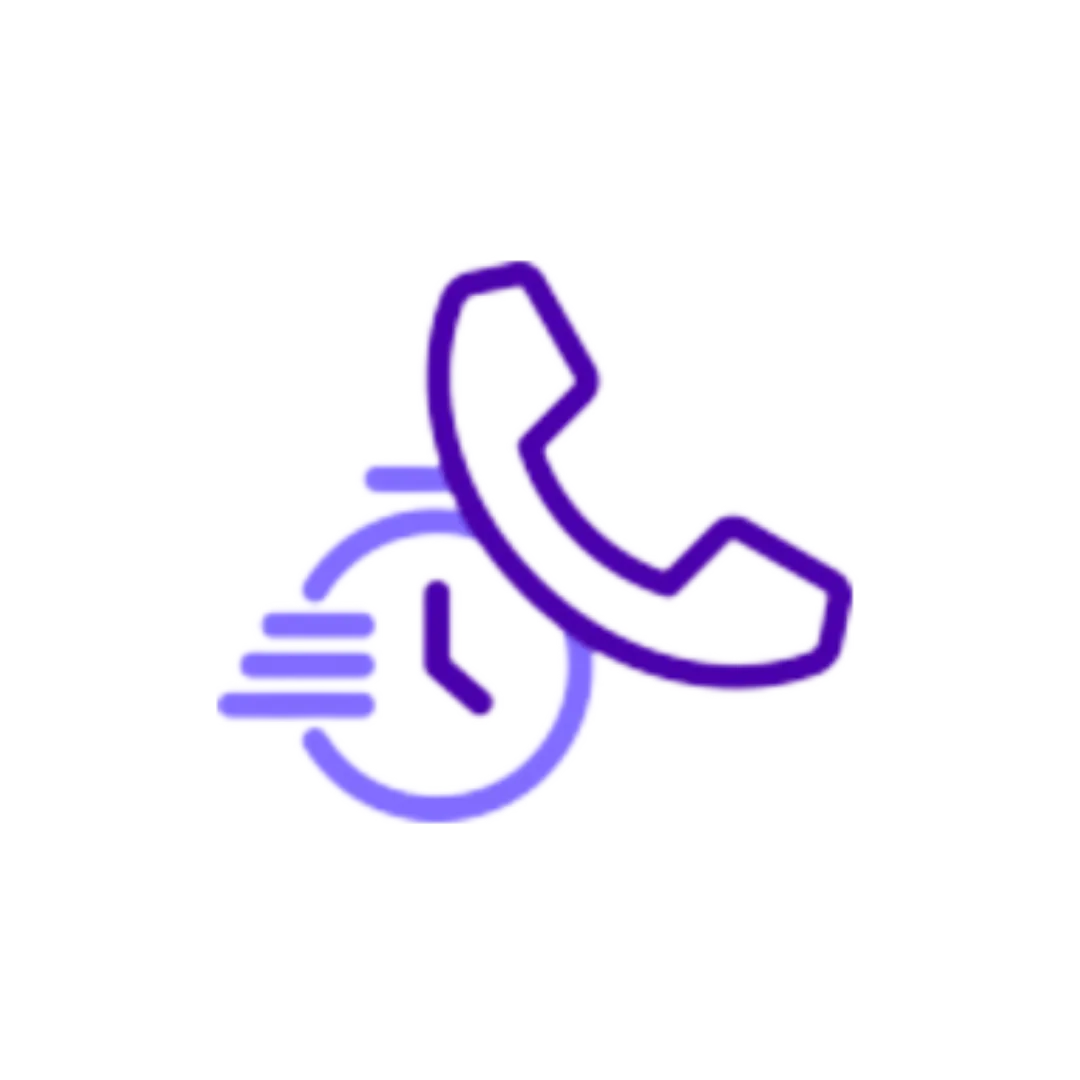
64%
Reduction in Longer, Problem Calls
because you're no longer inadvertently upsetting your valued customers.
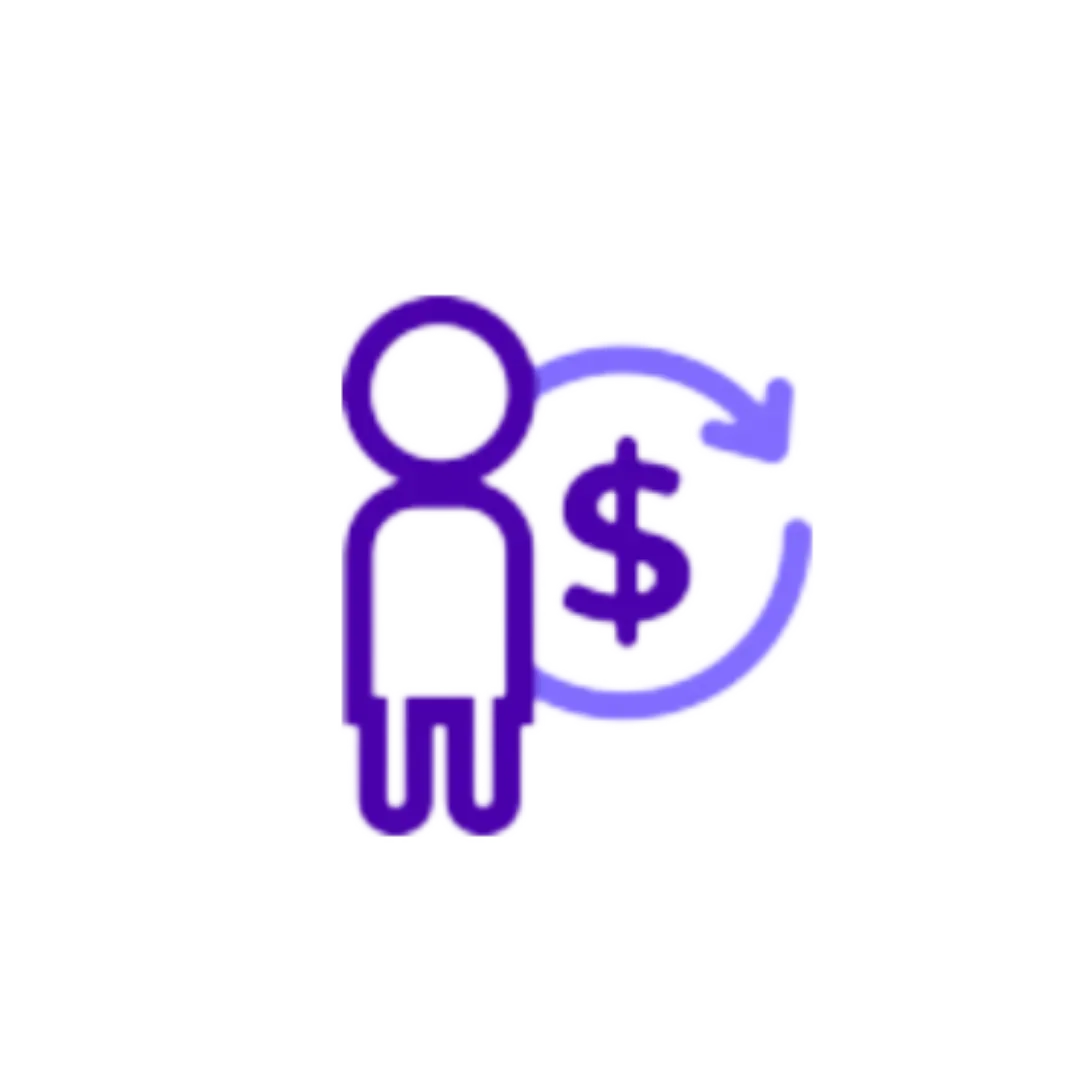
20%
Increase in Production
because you've built trust with your customers from the beginning, so your win ratio is much higher.
HOW TO WORK WITH ME

Phone Coaching
Telephone skills training for efficient and impactful first impressions with your receptionist and front office team.

Sales Coaching
Treatment Coordinator communication training for consultations to adapt, read the room, and win the start.

Workshops & Keynotes
Book me for your team or appreciation event you are running to provide customer experience training.
Join my mailing list for regular inspiration, tips and techniques to share with your team.
Watch my short video on the 5 Types of Questions as a welcome gift.
Did you know there are different types of questions? Annoyingly, we often default to the question type that doesn't actually help move us towards our goal.
Take a few moments to watch my short video and you'll learn a few of the different types so you can be more conscious of your speaking habits and bring the correct question type to the situation at hand.
Do share this video with the rest of your team to help them make the same change - it's my little thank you for joining my mailing list.

What Our Clients Are Saying
Our Clients' Experiences

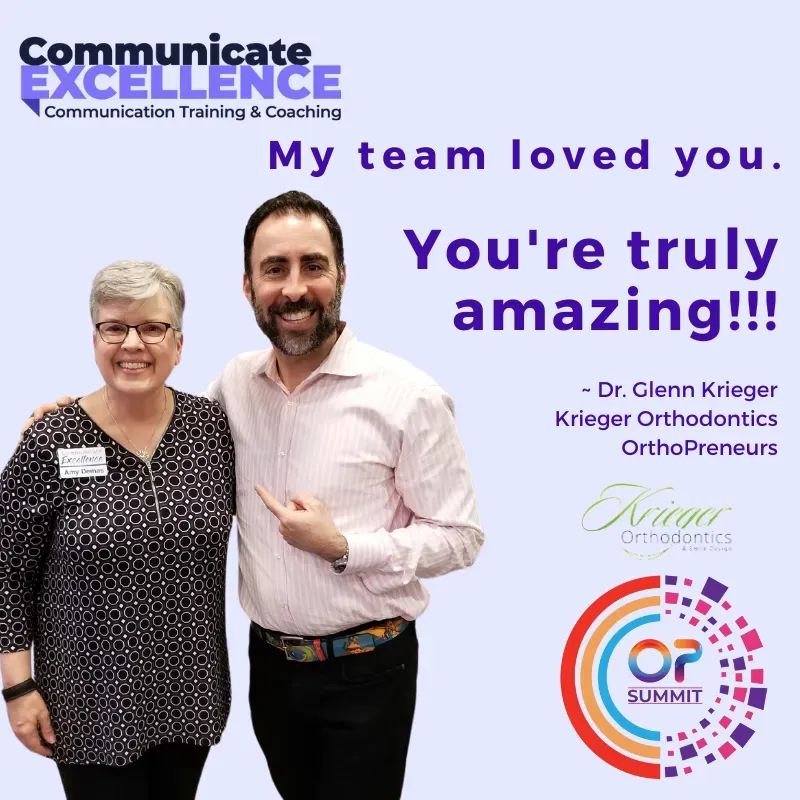
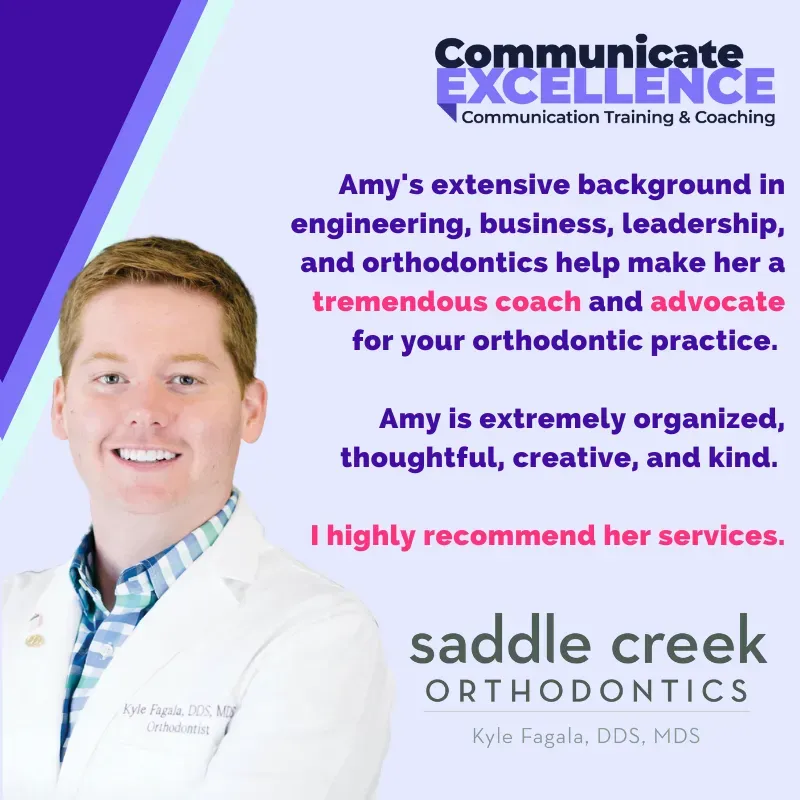
Amy believes in giving back and paying it forward by donating 10% of ALL proceeds to organizations that help others.
Click on any logo to learn more about the organization.
Preferred Provider For:
As a bonus for being a member of these organizations you will receive a discount on my services.
Schulman Group leaders say
“The Schulman Group is pleased to call Amy Demas/Communicate Excellence one of our valued preferred consultants and a huge advocate for our educational programming efforts. Her "can do" attitude has served the group in many capacities over the years…..as a consultant, as a program speaker and most recently served as moderator for our Doctor and Team Meeting. As speaker and consultant, Amy offers invaluable insight on communication skills for all orthodontic team members and has helped a number of our members streamline and improve office interactions with patients.”
Emily, Mari's List says
"Amy Demas is a shining star when it comes to training front desk staff, scheduling coordinators and treatment coordinators. She truly communicates excellence. Mari's List feels confident endorsing Amy because of her long history of exceptional professionalism and glowing reviews from our members."







